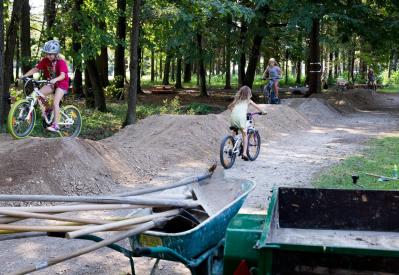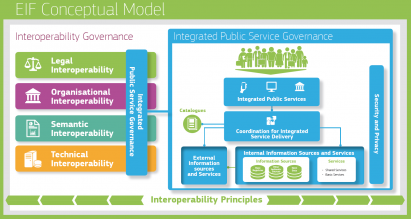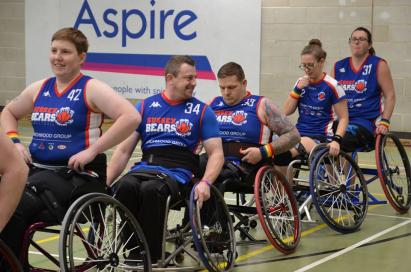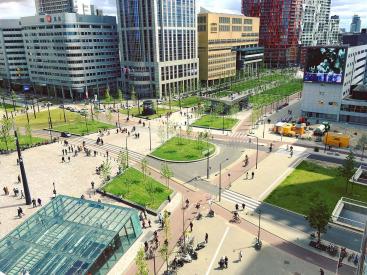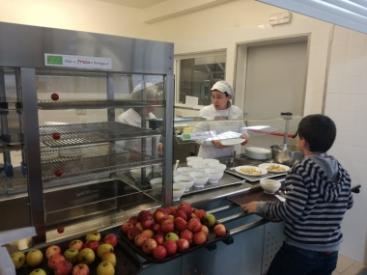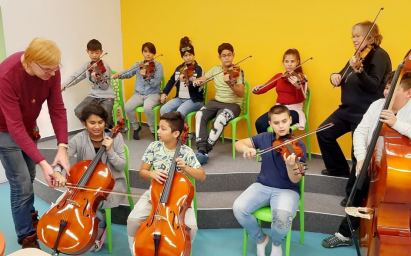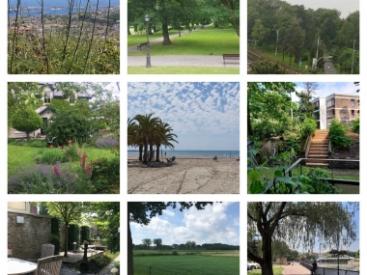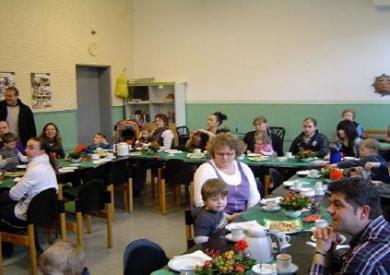EDUCATION WORKSHOPS
5 local training sessions in the partner cities are organized with two of the Amadora key practitioners and anti-rumour agents, Elisa Moreira (Teacher at a Secondary school in Amadora) and Marina Palácio ( Illustrator | comic book author | animation filmmaker | artist-educator). Each workshop includes 3 sessions
[[{"fid":"29914","view_mode":"default","fields":{"format":"default","field_file_image_alt_text[und][0][value]":false,"field_file_image_title_text[und][0][value]":false,"field_author[und][0][value]":""},"link_text":null,"type":"media","field_deltas":{"2":{"format":"default","field_file_image_alt_text[und][0][value]":false,"field_file_image_title_text[und][0][value]":false,"field_author[und][0][value]":""}},"attributes":{"height":1106,"width":1490,"class":"media-element file-default","data-delta":"2"}}]]

